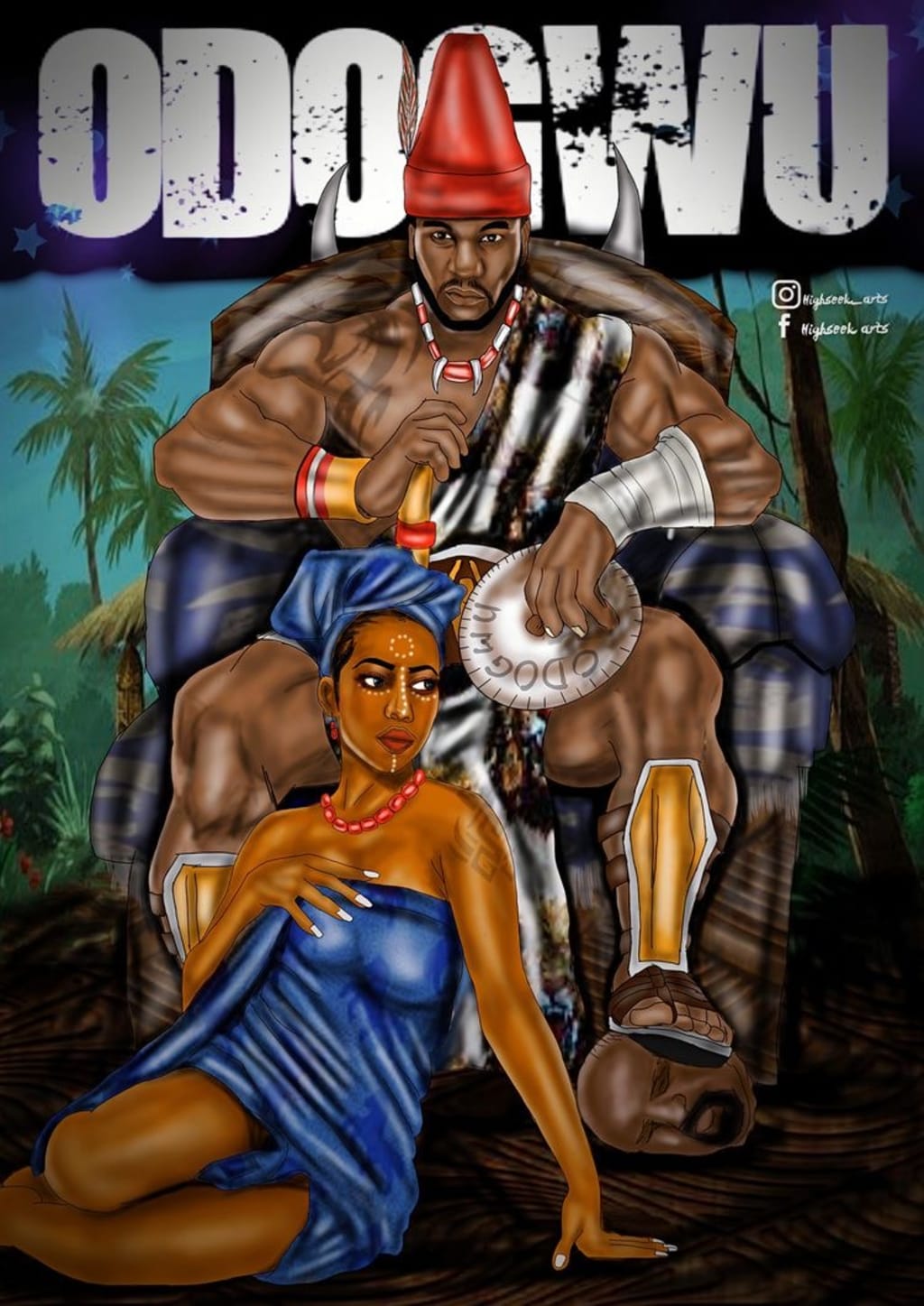
In Nigeria, Igbos inhabit an area referred to as Igboland, which is divided into two sections along the lower River Niger. They live in most or all parts of five states: Abia, Anambra, Ebonyi, Enugu and Imo, as well as minor parts of Delta, Rivers and Benue states. Small Igbo communities are also found in parts of Cameroon and Equitorial Guinea.
The Igbo political system differs significantly from most of its West African neighbours. With exception of a few major Igbo communities which have an Obi (king), Igbos have a traditional republican system of government, which is a consultative assembly of people, which guarantees equality to citizens. This system is a departure from the usual form of government with a king ruling over the subjects. Even though there are title holders who are respected by their achievements, they are never revered as kings.
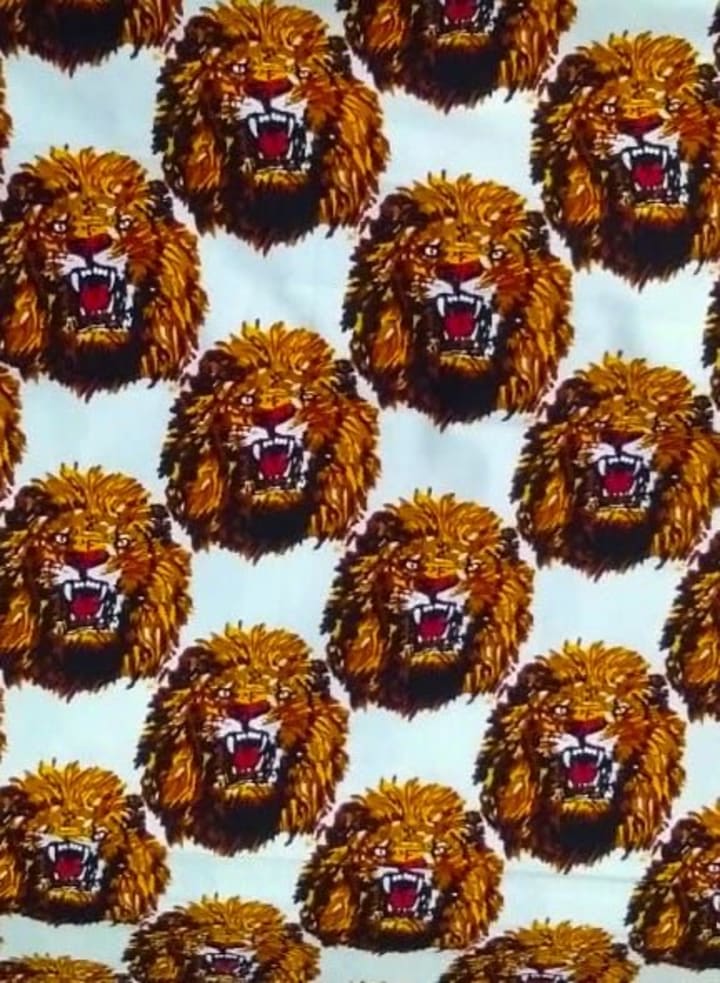
Traditionally, Igbos were mostly farmers, craftsmen and traders – evidence of crafts and metalwork were found in archeological discoveries. A number of the metals used by craftsmen were said to have been from Egypt, providing evidence of trade across the Sahara long before Europeans came to Africa.
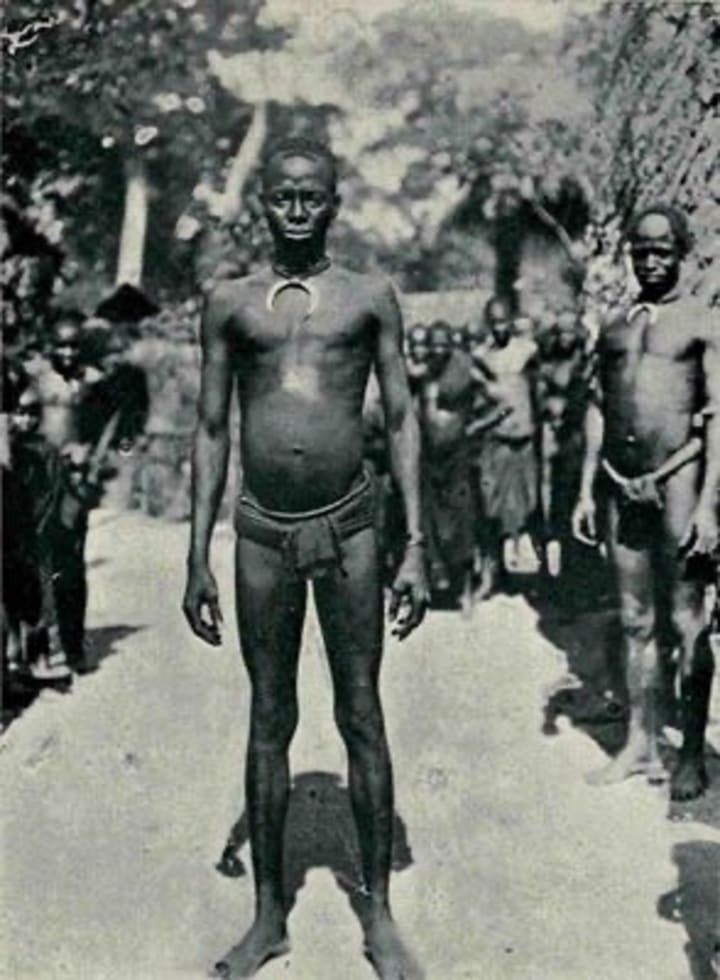
The Igbo people’s most important crop is the yam, and it is the reason for the New Yam Festival (Iri Ji) celebrating the harvest of new yams. The yam is also a significant part of a traditional diet and is prepared as pounded yam, eaten with different soups or eaten immediately after being boiled. Igbos are well known for their variety of soups, made from locally grown vegetables, fruits and seeds. The most popular Igbo soups are oha, nsala, akwu, okazi and ofe owerri.
In Igbo culture, a marriage is contracted by the man asking for the woman’s hand from her father, which is the first stage called ‘iku aka‘ (‘to knock on the door’). The second stage and second visit of the groom and his family members to the woman’s family will involve the presence of her extended family, where they must also give their consent. The groom will pay a third visit to pay the bride price and collect from his future in-laws the list of items he will bring to the woman’s family for the wedding. The fourth and final stage is the wedding itself, called ‘igba nkwu‘ or ‘wine carrying’ where the bride will come out to look for her groom (who will hide in the crowd) and offer him a cup of palm wine. The couple is then blessed by the family and well wishers, and celebrations begin.
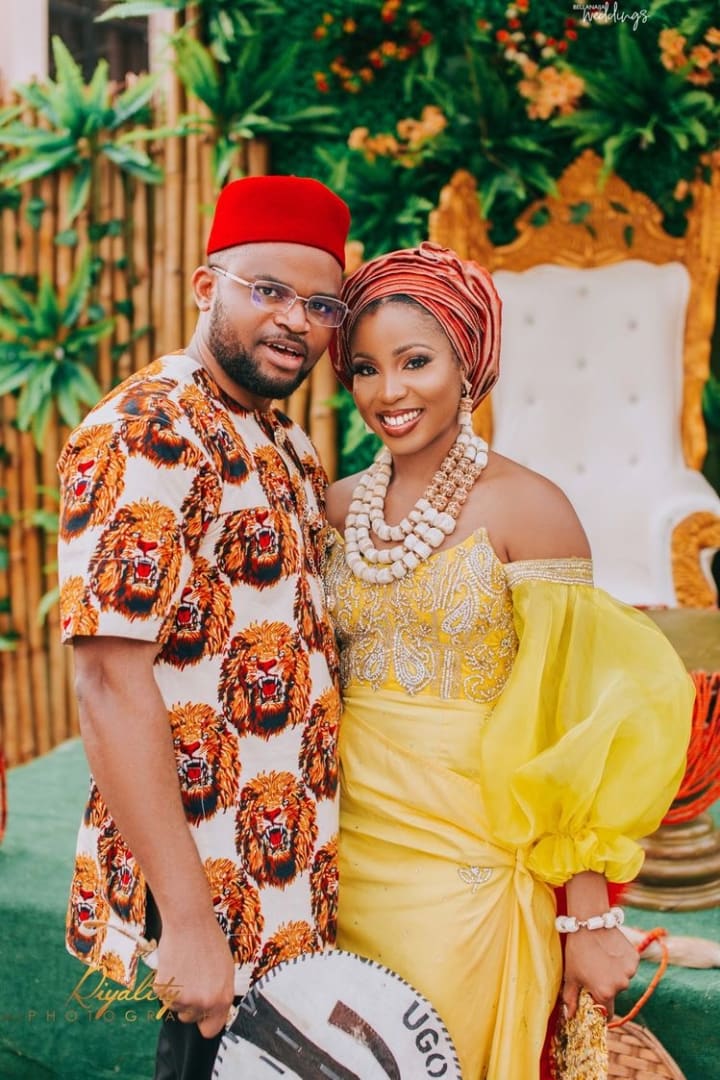
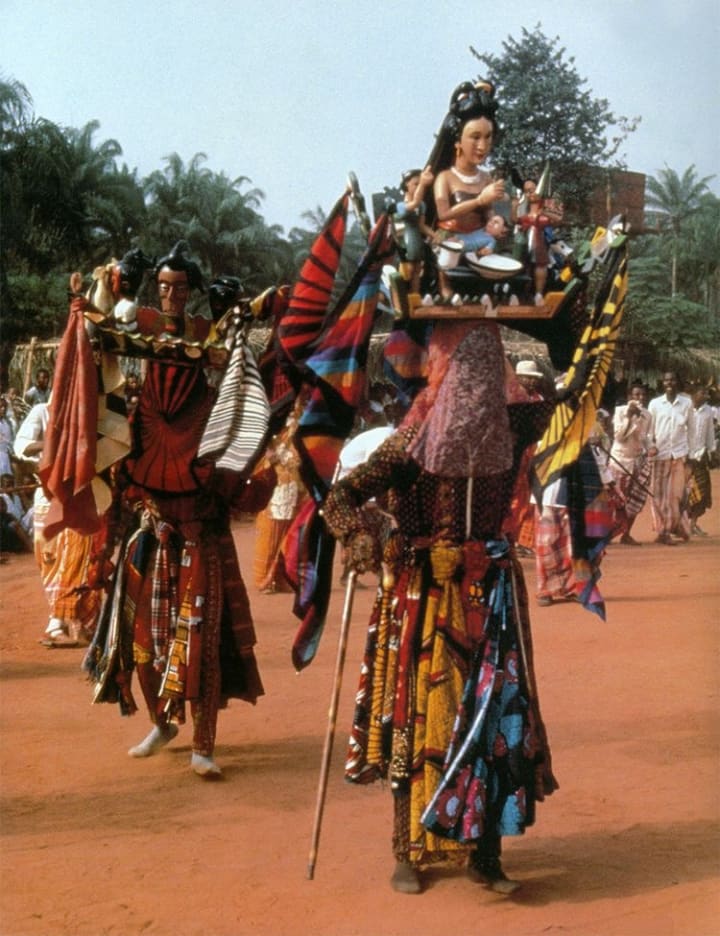
The Igbo culture is beautiful
The Igbo people have a traditional religious belief that there is one creator, called ‘Chineke’ or ‘Chukwu’. The creator can be approached through many other deities and spirits in the form of natural objects, most commonly through the god of thunder called ‘Amadioha’. Others gods include ‘Ala’, the feminine earth spirit, ‘Anyanwu’ (meaning ‘eye of the sun’) a deity believed to dwell on the sun, and ‘Idemili’, the water goddess whose symbol is that of a python. After Nigeria was colonized, most Igbos (more than 90%) became Christian, which is still the predominant religion today.
The Igbo culture is a rich culture.

The Igbo celebrate the major national holidays of Nigeria, including New Year's Day (January 1), Easter (March or April), Nigerian Independence Day (October 1), and Christmas (December 24 to 26).
In addition, each town has its own local festivals. Those in the spring or summer are held to welcome the new agricultural cycle. In the fall, harvest festivals are held to mark the end of the cycle.
This is the Igbo culture.
About the Creator
Adaugo Inyama
Hello,
My work may inspire and motivate others through my experience, ideas and storytelling.





Comments
There are no comments for this story
Be the first to respond and start the conversation.